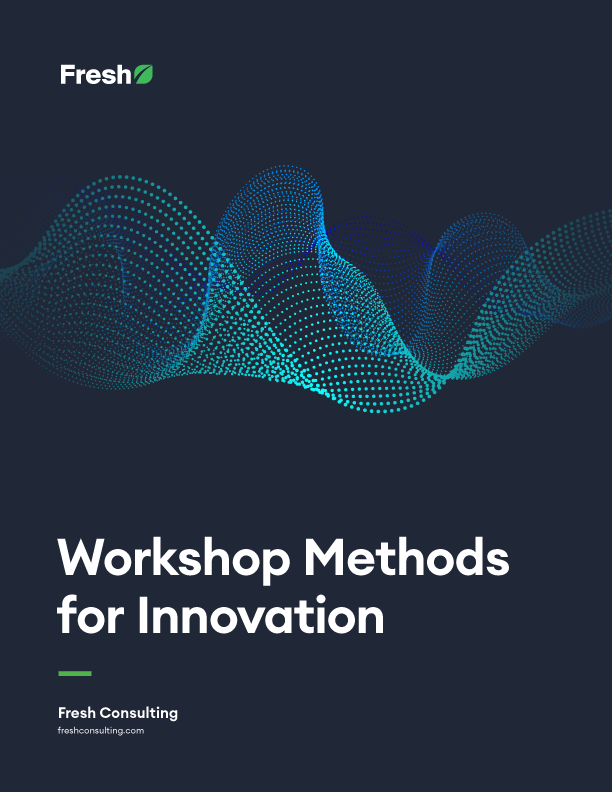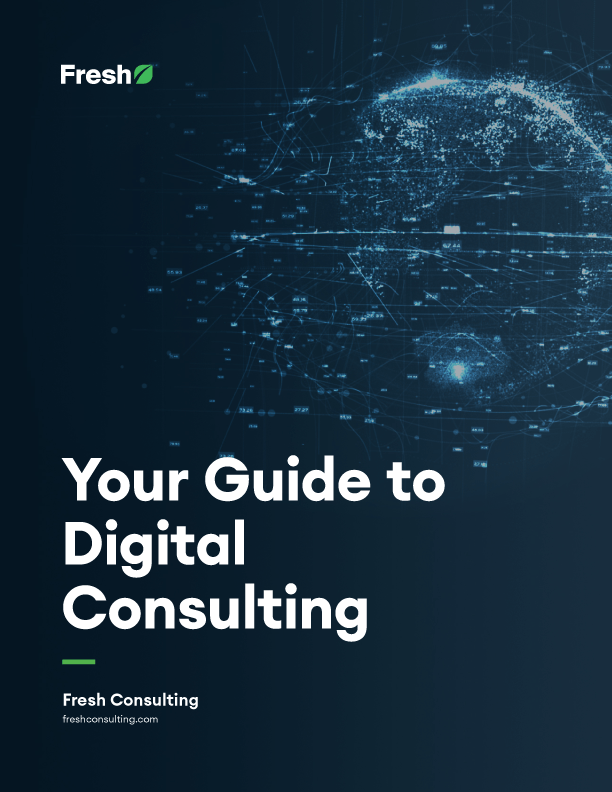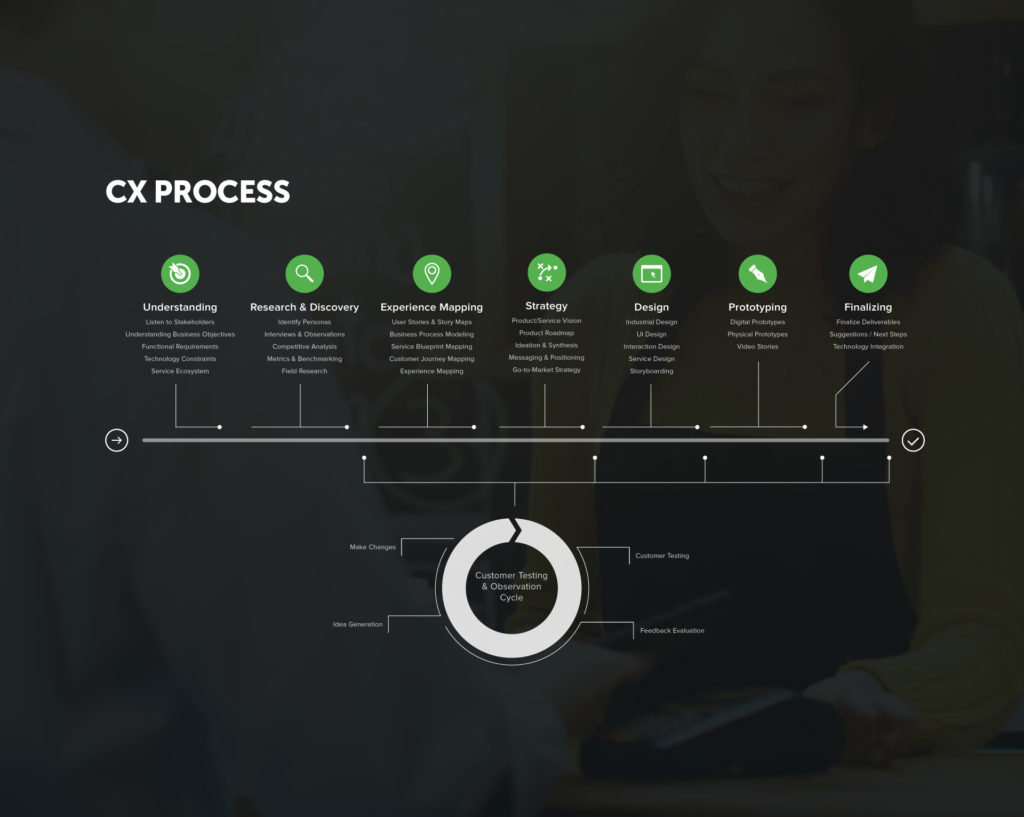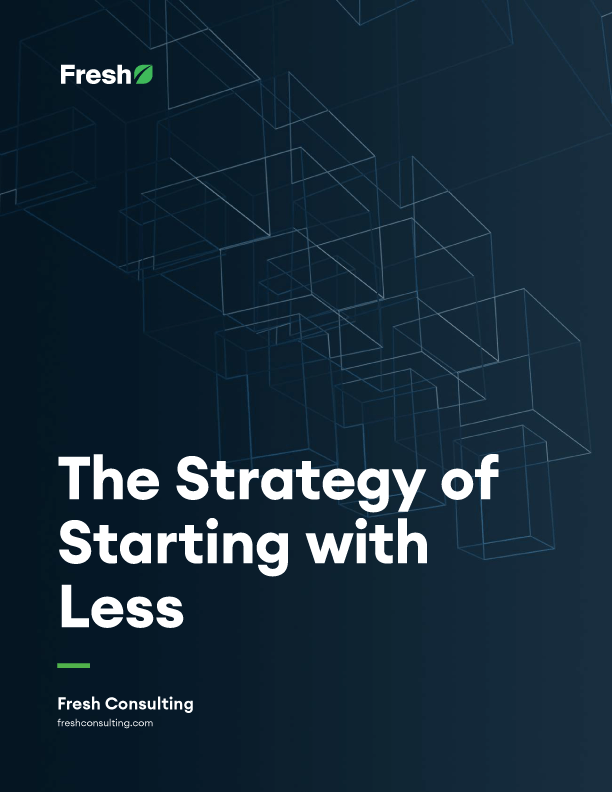Article
A People-Centric Approach to Marketing

Marketing isn’t just about data, although it obviously plays a huge role. To understand how to be effective, you have to understand the landscape. But understanding customers and telling stories that appeal to them is equally important, as their the heroes in the journey through that landscape.
In the Harvard Business Review, Mark Bonchek Cara France wrote that “Everyone likes to talk about being “customer-centric.” But too often this means taking better aim with targeted campaigns. Customers today are not just consumers; they are also creators, developing content and ideas — and encountering challenges — right along with you. Creativity in marketing requires working with customers right from the start to weave their experiences with your efforts to expand your company’s reach.”
- Think of customers as invaluable allies in your success as an organization. The most effective brands include customers as heroes in the journey, not just passive passengers along for the ride. Customer experience is now one of our core service offerings. We think strategically about who our target audience is––and when working with clients, who their target audience––to craft tactical messages, deployed in the right places at the right times.
Later in the article, Bonchek and France add that “Every marketer believes the customer experience is important. But most marketers only focus on the parts of that experience under their direct control. Creative marketers take a broader view and pay attention to the entire customer experience from end to end. This includes the product, the buying process, the ability to provide support, and customer relationships over time. That takes time and resources – and it also requires bringing creative thinking to unfamiliar problems.”
- Focus on proactivity rather than reactivity, but keep both in mind. A holistic strategy ties into listening to and addressing your customers’ needs, but also thinking ahead, and making a year (or years) long plan to create a more holistic, long-term approach. Consider a sprint approach, targeting long-term, time-intensive initiatives. But assess blind spots bi-weekly or monthly to adapt as needed.
Finally, Bonchek and France suggest that “In a fragmented media and social landscape, marketers can no longer reach their goals for awareness and reputation just through paid media and PR. People are the new channel. The way to amplify impact is by inspiring creativity in others. Treat everyone as an extension of your marketing team: employees, partners, and even customers.”
- At Fresh, we employ Slack and automated notifications from our social channels to encourage employees to share content and make it their own. Rather than confining marketing to one department, we encourage everyone to participate and equip them to do so. Marketing strategies that are flexible, organic, and adaptive yield high degrees of success.









